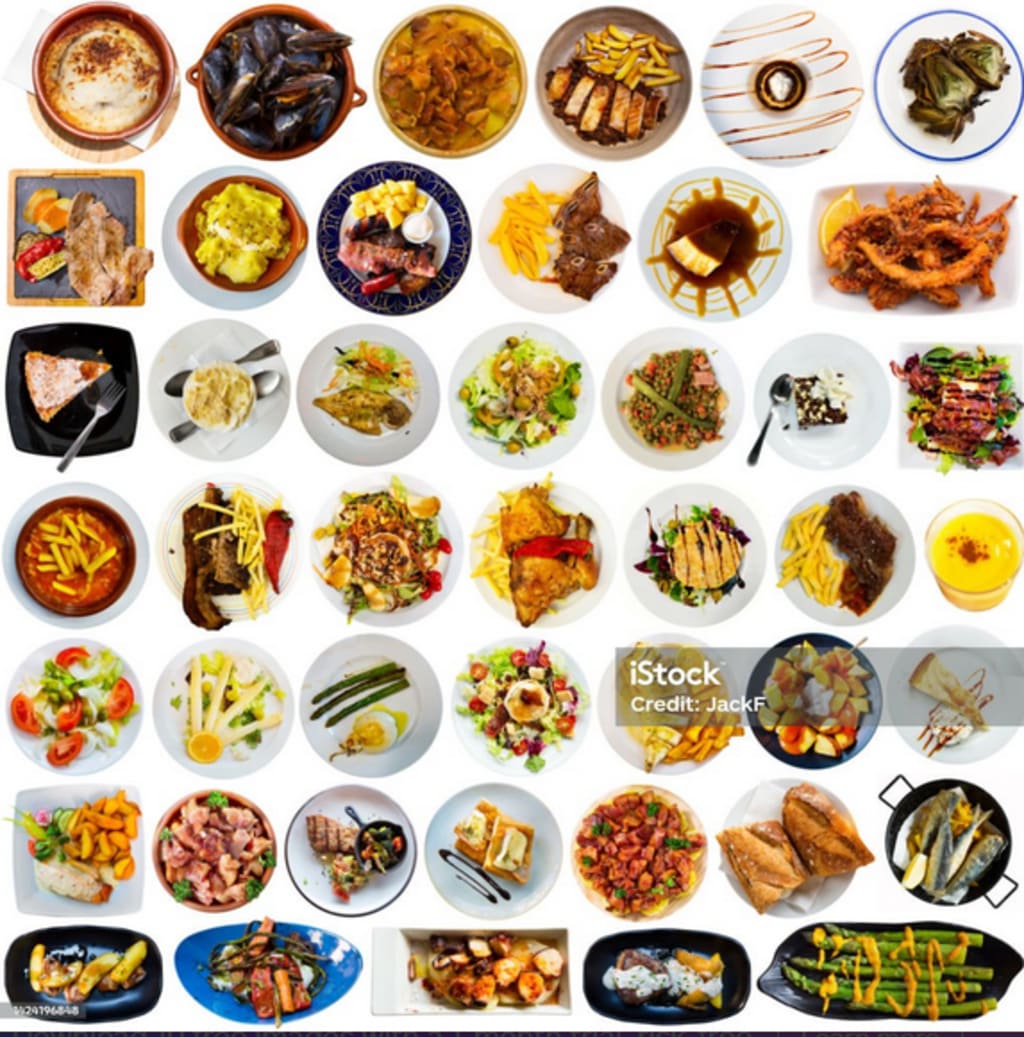
A powerful movement is gaining momentum—the zero-waste cooking revolution. This culinary phenomenon is not merely a trend but a transformative shift in how we approach food, emphasizing sustainability and minimizing our ecological footprint. Join me as we delve into the captivating world of zero-waste cooking, where culinary creativity intersects with environmental consciousness, and every kitchen endeavor becomes a meaningful step towards a more sustainable future
Zero-waste cooking is not a restriction but an innovative approach that seeks to utilize every part of an ingredient, from root to stem, peel to pit, ensuring that minimal, if any, food ends up in the waste bin. This movement challenges the conventional mindset that often discards parts of ingredients deemed inedible or less desirable, turning overlooked scraps into culinary treasures.
At the heart of this culinary revolution is the acknowledgment of the environmental impact of food waste. With a third of all food produced globally going to waste, zero-waste cooking aims to address this issue at its root, redirecting our focus from disposal to resourcefulness. It's about transforming kitchen habits, re imagining traditional recipes, and fostering a mindset that views food scraps not as refuse but as potential ingredients for delicious and inventive dishes.
Zero-waste cooking encourages a holistic approach to meal planning, prompting individuals to think creatively about how they can maximize the use of each ingredient. This may involve using vegetable peels to make flavorful crisps, turning fruit cores into homemade jams, or incorporating typically discarded herb stems into vibrant sauces. By doing so, zero-waste cooks are not only minimizing their environmental impact but also infusing their dishes with an extra layer of ingenuity.
The movement also extends beyond the kitchen, emphasizing responsible shopping habits and advocating for the use of sustainable packaging. Zero-waste cooks often embrace local and seasonal produce, reducing the carbon footprint associated with the transportation of ingredients. Additionally, they opt for reusable containers and consciously choose products with minimal packaging, contributing to a more sustainable and eco-friendly food system.
In the realm of zero-waste cooking, chefs—both professional and home cooks—are becoming culinary alchemists. They experiment with techniques such as pickling, fermenting, and preserving to extend the shelf life of ingredients. Food scraps are transformed into flavorful broths, and leftover grains find new life in hearty salads. This creative re imagining not only curtails waste but also elevates the culinary experience, proving that sustainability and gastronomic excellence can coexist.
The zero-waste movement has witnessed the rise of community initiatives, where individuals come together to share tips, recipes, and success stories. Social media platforms serve as hubs for zero-waste enthusiasts, fostering a global community dedicated to reducing food waste and promoting sustainable cooking practices. This interconnected network of like-minded individuals inspires others to embark on their zero-waste journey, creating a ripple effect of positive change.
Embracing zero-waste cooking also aligns with broader environmental goals. By diverting food scraps from landfills, individuals contribute to the reduction of methane emissions, a potent greenhouse gas produced during the decomposition of organic waste. This conscientious approach to cooking becomes a tangible way for individuals to participate in larger efforts to combat climate change and foster a more sustainable relationship with the planet.
I conclude with this, zero-waste cooking is not merely a culinary trend but a revolutionary movement that challenges ingrained habits and fosters a sustainable, environmentally conscious approach to food. It invites individuals to view food scraps not as disposable but as opportunities for culinary innovation. The kitchen transforms into a space where creativity intersects with responsibility, and every meal becomes a step toward a more sustainable and mindful future. So, let's embark on this culinary frontier, where every ingredient, no matter how humble, has the potential to be a star on the plate, and where zero-waste cooking becomes a transformative journey towards a more sustainable and flavorful world.
About the Creator
Enjoyed the story? Support the Creator.
Subscribe for free to receive all their stories in your feed. You could also pledge your support or give them a one-off tip, letting them know you appreciate their work.





Comments
There are no comments for this story
Be the first to respond and start the conversation.